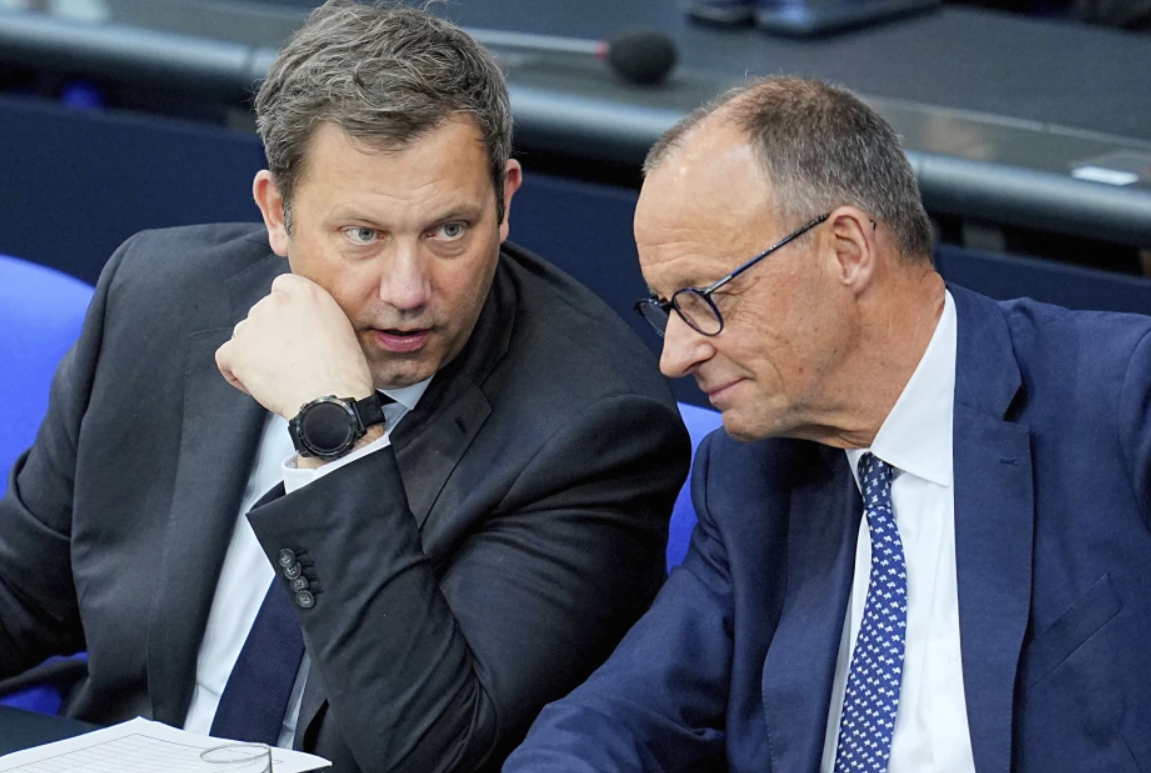Germany’s new government rolled out a package of tax incentives on Wednesday aimed at boosting business investment and reviving an economy that has contracted over the past two years and is forecast to remain stagnant in 2025.
Chancellor Friedrich Merz’s Cabinet approved the “growth booster” plan, which still needs approval from parliament. A key feature of the package is a significant tax write-off for companies investing in machinery and other equipment over the next three years. In addition, the government plans to gradually lower the corporate tax rate from 15% to 10% between 2028 and 2032.
The plan also includes tax breaks for companies purchasing electric vehicles and new measures to incentivize investment in research and innovation.
Vice Chancellor and Finance Minister Lars Klingbeil stated that the initiative will enhance Germany’s global economic competitiveness. As the largest economy in Europe, Germany has faced increasing pressure to stimulate growth and modernize industry.
Despite this move, various industry groups have urged the government to take further steps, including lowering electricity costs, which remain a burden for many businesses.
This new tax plan is separate from a broader infrastructure initiative—an unprecedented €500 billion ($570 billion) fund approved by Merz’s coalition before officially taking office last month. That fund is designed to overhaul Germany’s aging infrastructure over the next 12 years.
Klingbeil noted that legislation to formally establish the infrastructure fund is expected to be introduced by the end of June.













